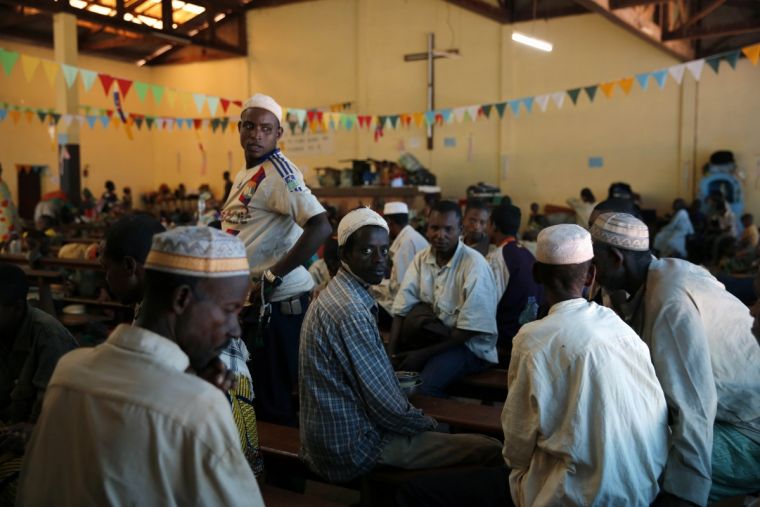Christian Aid increases aid provision in Central African Republic

Christian Aid has announced a further £50,000 in humanitarian aid to be sent to the Central African Republic amidst ongoing violence across the country.
The CAR has been beset by violence since March last year when a coalition of rebel groups, led by Michel Djotodia under the Séléka banner, drove out President Francois Bozizé in a coup.
Though Séléka was officially disbanded as of September 2013, members have continued their attacks, raping, looting and murdering innocent civilians. In response, an opponent faction has risen up under the name anti-Balaka.
Sectarian violence between the two groups has spread throughout the country, resulting in 840,000 people being internally displaced, while at least 20,000 have fled the country. Thousands have lost their lives.
UN High Commissioner for Human Rights Navi Pillay released a statement on 27 January in which she implored the international community to "strengthen peacekeeping efforts" in CAR, asserting that "many lives are at stake".
On 28 January, the UN Security Council extended the mandate of the UN peace building office in the country, adding travel bans and asset freezes to an existing arms embargo and unanimously authorising the deployment of EU troops in an effort to quell the "continuing deterioration of the security situation in the CAR".
Despite the presence of 1,600 French soldiers and 5,000 African troops, however, the humanitarian crisis threatens to take thousands more lives. Poor sanitation, a lack of clean water and inadequate shelters are adding to the difficulties, and cholera is likely to break out during the upcoming rainy season.
Adrian Ouvry, Head of Humanitarian Programmes at Christian Aid, says access to fresh water in the northern regions of the country is particularly problematic.
"Surface water is often contaminated, people do not have containers with which to carry or store the water, and the few wells or boreholes around are in a state of total disrepair," he asserts.
"Most families are depending on natural water sources, such as polluted streams for all their water needs."
Christian Aid is working to provide access to clean water for all those who are struggling in the midst of the crisis, partnering with the Lutheran World Federation, which offers sanitation education and installs wells for use by vulnerable communities.











